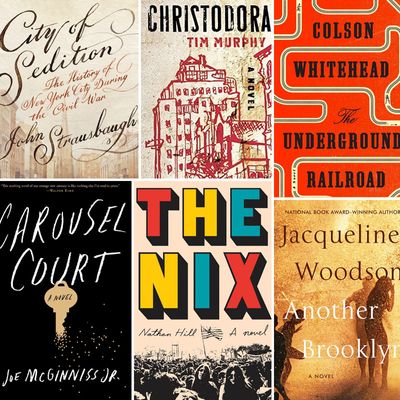
Each month, Boris Kachka offers nonfiction and fiction book recommendations. You should read as many of them as possible.
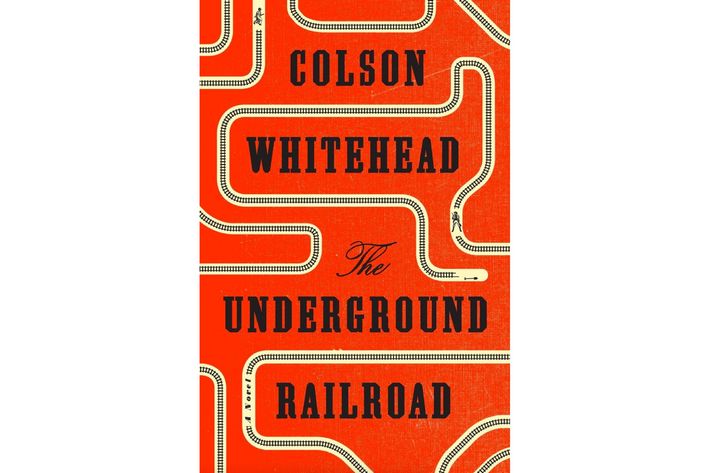
The Underground Railroad, by Colson Whitehead (Doubleday, August 2)
Take OprahÔÇÖs word for it. WhiteheadÔÇÖs long-awaited recasting of the slave escape as a literal train ride among universe-states ÔÇö its publication date got moved up from September after OÔÇÖs book-club pick ÔÇö fuses social realism and speculative invention as even his most celebrated work has never quite done. The horror is dialed up and the humor down, but slave CoraÔÇÖs journey through AmericaÔÇÖs divided soul couldnÔÇÖt be more vivid or timely. The most realistic thing about WhiteheadÔÇÖs mythical story is its false starts and stops, a terrifying arc bending toward justice, but just barely.
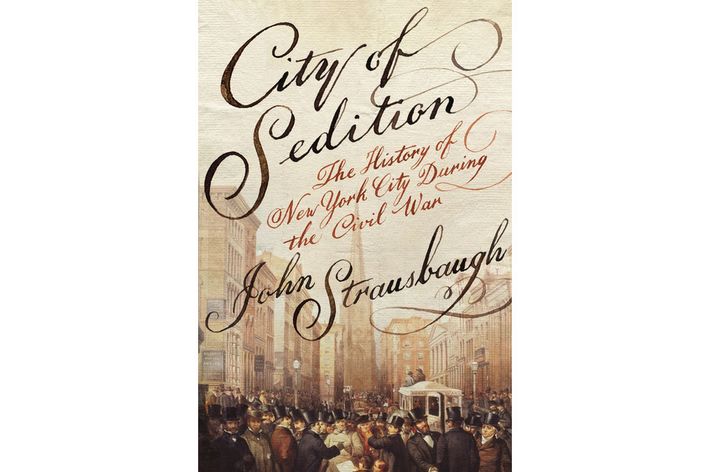
City of Sedition: The History of New York City during the Civil War, by John Strausbaugh (Twelve, August 1)
Strausbaugh ÔÇö journalist and free-range historian, author of rousing books on Greenwich Village, racial appropriation, and geriatric rockers ÔÇö reexamines a strange chapter in city history thatÔÇÖs not exactly unknown (Gangs of New York touches on it) but rarely seen in full. New York benefited greatly from the slave trade, and its loyalties during the Civil War were deeply divided. Tales of warring immigrants and tabloids and dirty politicians are occasionally overstuffed but generally, edifyingly fascinating.
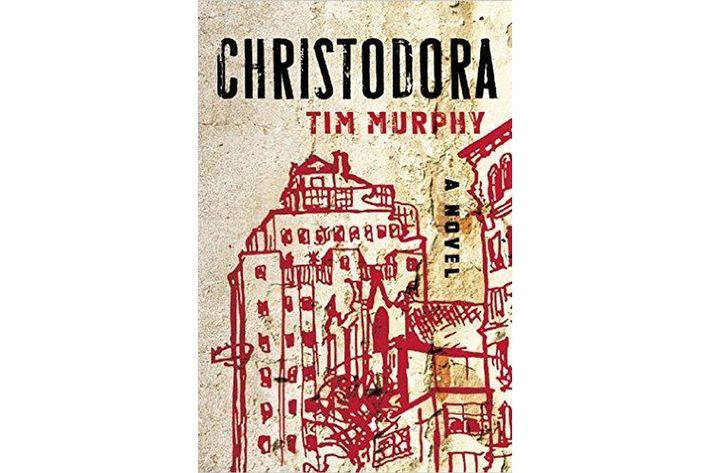
Christodora, by Tim Murphy (Grove Atlantic, August 2)
Murphy (who writes sometimes for Vulture) treats the AIDS crisis and its slow-burning aftermath as the subject of an ambitious, time-traveling novel textured with the detail and depth of a writer who spent years reporting from the front. As Mateo, the orphan of an AIDS activist raised in the titular East Village building, moves from childhood through 2021, he watches a movement rise, explode, and finally fade in the aftermath of its own (and medicineÔÇÖs) ultimate success ÔÇö which nonetheless fails to cover the scars left by many thousands of deaths.
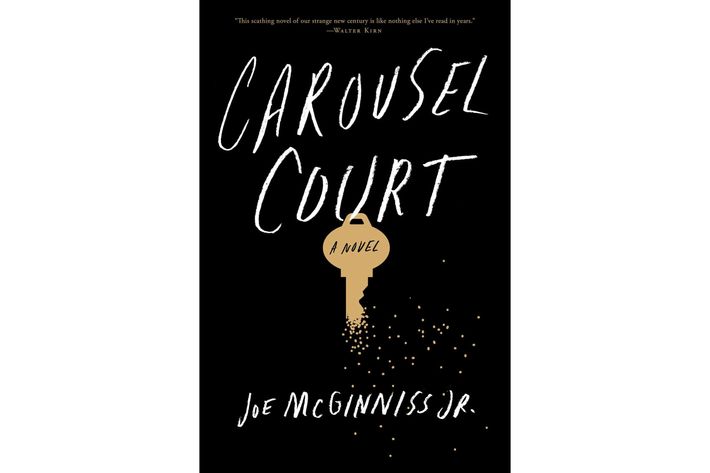
Carousel Court, by Joe McGinnis Jr. (Simon & Schuster, August 2)
The story of broken California dreams is alive and well in McGinnisÔÇÖs second novel ÔÇö more than you could say for the dreams themselves in this valley-dry tale of a marriage and a house-flipping scheme gone awry. Fleeing Boston after a near-tragic car accident, Nick, Phoebe, and baby Jackson try their luck in far-suburban L.A., where gangs and bobcats roam with equal abandon, and buy a house just as the market collapses. Nick loses his new job and pill-popping Phoebe seeks salvation from a former lover. Mistakes are made.
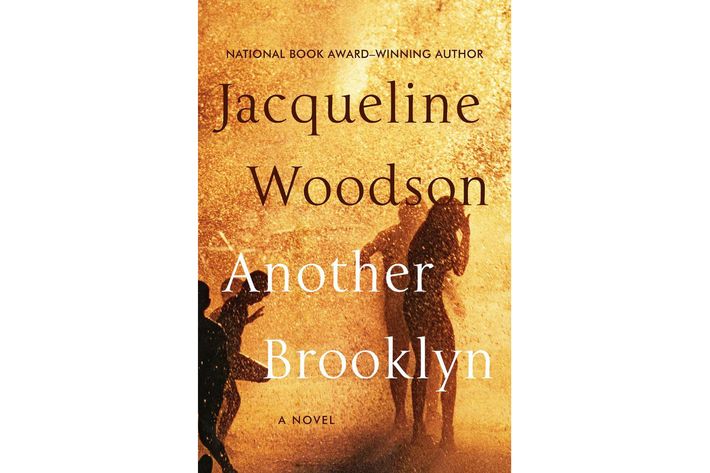
Another Brooklyn, by Jacqueline Woodson (HarperCollins, August 9)
The childrenÔÇÖs-book author may have been emboldened by a National Book Award (for 2014ÔÇÖs Brown Girl Dreaming) to write her first adult novel in 20 years. ItÔÇÖs a story of girls growing up ÔÇö four close friends in 1970s Brooklyn taxed with sexual violence and pressures of black city life ÔÇö but Woodson brings it to lyrical maturity in the voice of August, who flashes back to her youth after returning to bury her father. A personal and particular story also sketches a larger world with grace.
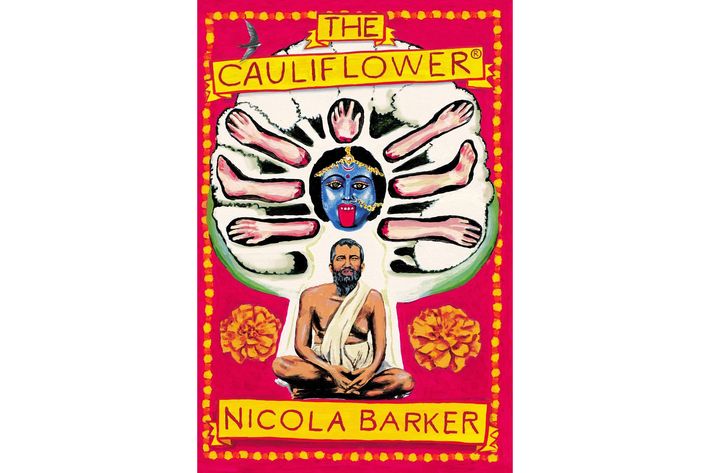
Cauliflower, by Nicola Barker (Henry Holt, August 9)
Fictionalizing the life of the bizarre 19th-century Calcutta mystic Sri Ramakrishna, Barker takes historical fictionÔÇÖs greatest flaws ÔÇö research-flaunting, anachronism ÔÇö and purposely magnifies them. Her prophetÔÇÖs tale is peppered with ironic asides, haikus, dizzying all-caps, and transcribed sound effects to create a kind of antiquarian post-modernism, a contemporary Tristram Shandy. The more mundane trials of RamakrishnaÔÇÖs nephew and minder Hriday, tasked with tempering his uncleÔÇÖs mad fancies, leavens BarkerÔÇÖs crazier notions, too.
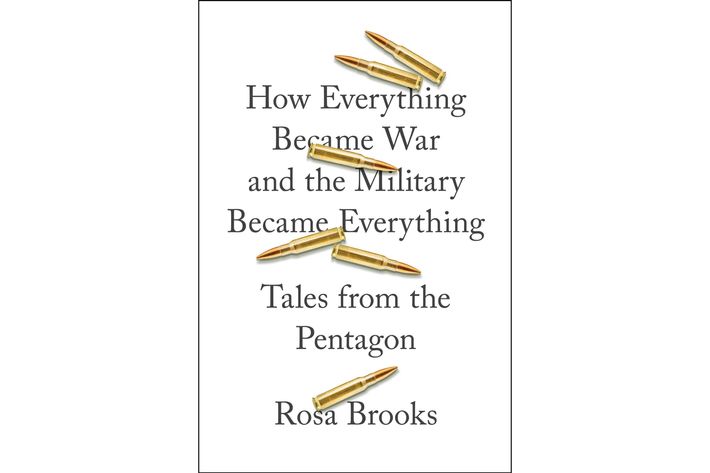
How Everything Became War and the Military Became Everything, by Rosa Brooks (Simon & Schuster, August 9)
As a law professor who did time at the Defense Department, Brooks has both the access for an expos├® of government bureaucracy and the perspective to ask moral questions about AmericaÔÇÖs confusion over war and peace. There are telling anecdotes on ObamaÔÇÖs co-optation by the military, but also test cases of dilemmas far too easily seen in black and white. Are drone strikes acts of war, murder, or something else? Should the armed forces be more or less involved in civilian reconstruction? The questions are as intriguing as the tentative answers.
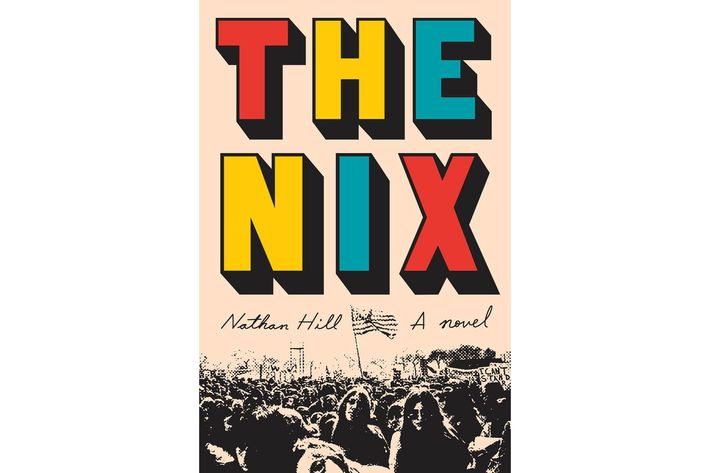
The Nix, by Nathan Hill (Knopf, August 30)
The political antics and family dynamics of John Irving meet the omnivorous scope and style of Garth Risk Hallberg in a go-for-broke late-summer debut about Samuel Anderson, an adjunct lit professor and online-gaming addict whose mother abandoned him abruptly when he was 11 ÔÇö only to reemerge as the vilified attacker of a Republican demagogue. Swirling around two tumultuous conventions (2004 and, especially, 1968), it was written before our own silly-horrifying season, but the scenes of anger and mayhem resonate powerfully. So do sendups of schools, genres, and subcultures, especially the one we call politics.

